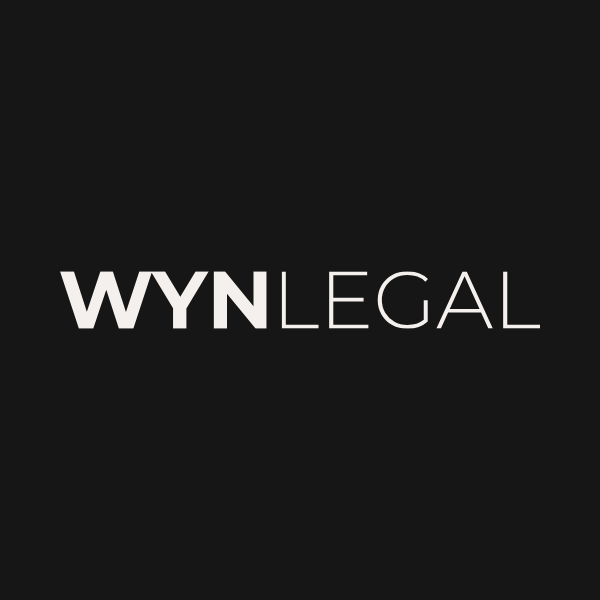Germany is not only an economic powerhouse but also an attractive destination for foreign entrepreneurs and investors. The Gesellschaft mit beschränkter Haftung (GmbH – limited liability company) remains one of the most popular legal forms for starting a business. But what are the requirements – and what should international founders pay particular attention to?
This article provides a practical overview of the key steps, legal requirements, and common pitfalls when setting up a GmbH in Germany.
1. Why Choose a GmbH?
The GmbH offers numerous advantages:
-
Limited liability to company assets
-
Flexibility in drafting the articles of association
-
Strong reputation with business partners and banks
-
Clear legal structure
For many foreign investors, the GmbH is the ideal legal form for entering the German market.
2. Requirements for Formation
a) Shareholders
-
One or more natural or legal persons, including those based abroad.
-
No requirement for residence in Germany – however, notarization must take place in Germany or through a German consulate.
b) Share Capital
-
Minimum capital: EUR 25,000
-
Minimum contribution at incorporation: EUR 12,500
-
Cash or non-cash contributions are possible (non-cash assets must be properly valued).
c) Articles of Association
-
Must be notarized
-
Contents include: company name, registered office, business purpose, share capital, and shareholder structure
d) Managing Director
-
At least one managing director (can be a non-resident foreigner)
-
No residency requirement in Germany, but must be reachable and able to represent the company
3. Step-by-Step Incorporation Process
a) Preparation
-
Decide on company name and business purpose
-
Choose company seat and shareholders
-
Draft articles of association
b) Notarial Certification
-
Founding documents signed by all shareholders before a notary
-
Certified translations may be required for foreign-language documents
c) Capital Contribution
-
Transfer share capital to a business bank account
-
Provide proof of payment (e.g., bank statement)
d) Commercial Register Entry
-
Registration by the notary with the local court (Handelsregister)
-
Processing time: typically 1–3 weeks
e) Tax Registration
-
Register with the local tax office
-
Obtain tax number and, if applicable, VAT ID
f) Commence Business Operations
4. Key Legal and Tax Considerations
-
Registered business address in Germany required – virtual offices are often not sufficient
-
Accounting obligations and annual financial statements
-
Trade license may be required, depending on the business activity
5. Common Challenges for Foreign Investors
-
Language barriers and understanding legal terminology
-
Opening a bank account without a German residence can be complex
-
Delays due to missing documents or required apostilles
Experienced legal advisors can help streamline the process and avoid costly mistakes.
6. Conclusion: Good Planning Pays Off
Setting up a GmbH in Germany is well-structured but can be complex – especially for foreign investors. With the right guidance and professional support, entering the German market becomes a secure and efficient process.
Looking to establish a company in Germany?
Our law firm offers comprehensive support – from the initial consultation to ongoing tax and legal advice. Feel free to contact us for a non-binding initial consultation.
For more information visit:
WYN LEGAL
https://www.wynlegal.com/
+49 69 247519990
Stephanstr. 1, 60313 Frankfurt
Rechtsberatung und Steuerberatung für internationale und nationale Unternehmer und Privatpersonen – persönlich durch unsere Rechtsanwälte in unseren Büros in Frankfurt und Siegen oder per Videokonferenz an jeden Ort weltweit.
![]()
![]()
![]()
For more information on company Germany contact us anytime.

